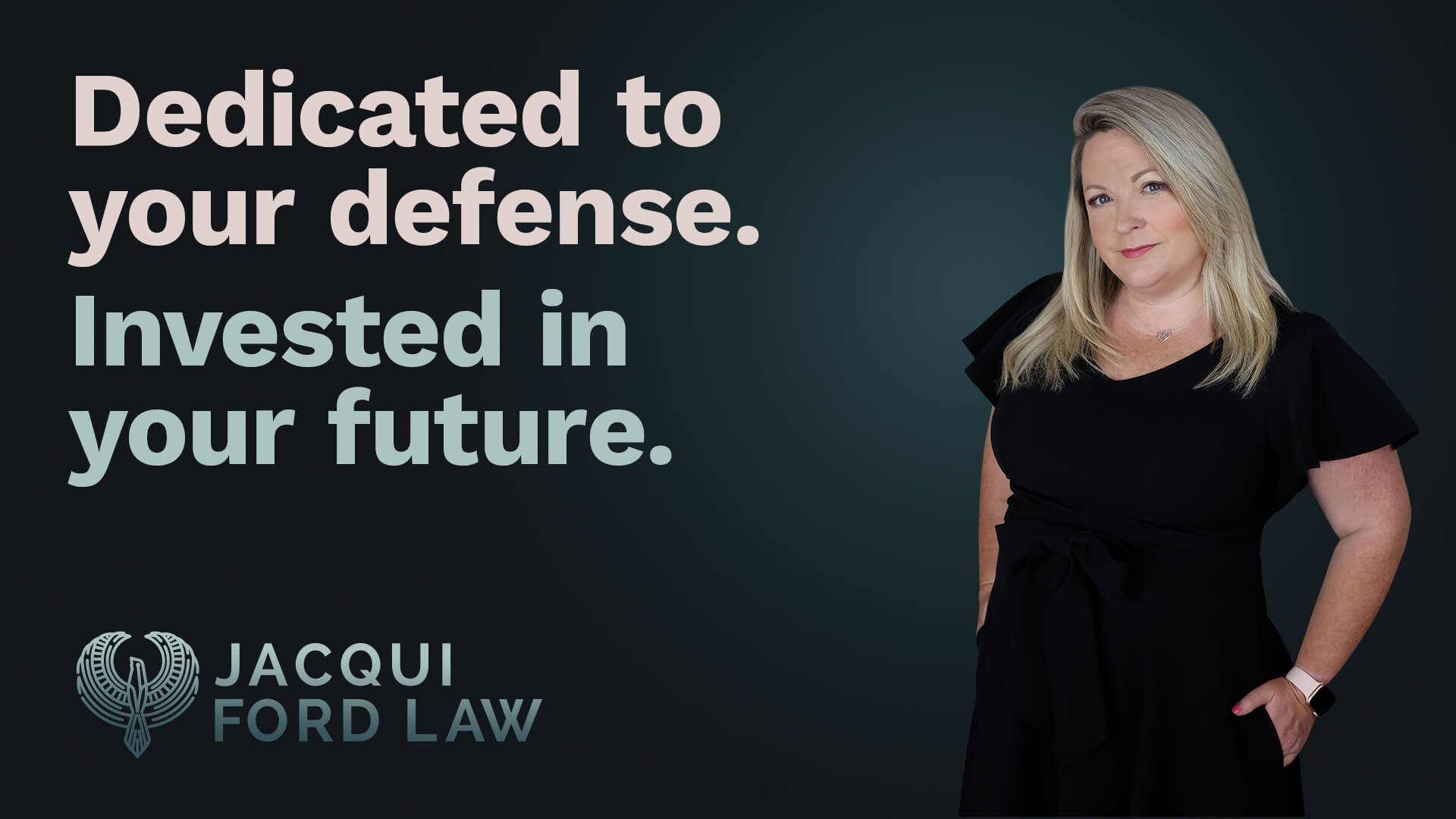What Are Your Rights If (When) A Police Officer Pulls You Over?
November 29, 2023
What Are Your Rights If (When) A Police Officer Pulls You Over?
Imagine you’re driving down the road and then see the blue and red lights flashing…

